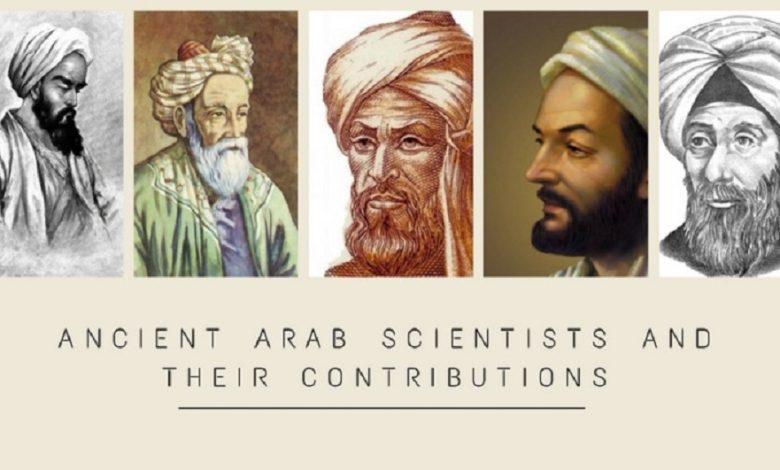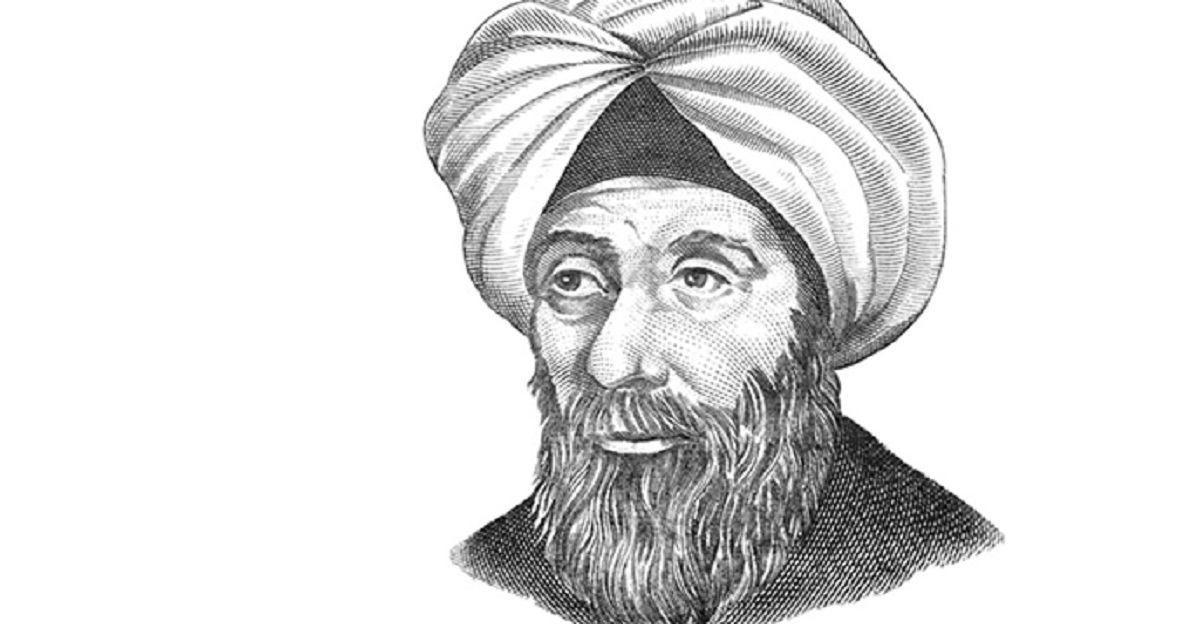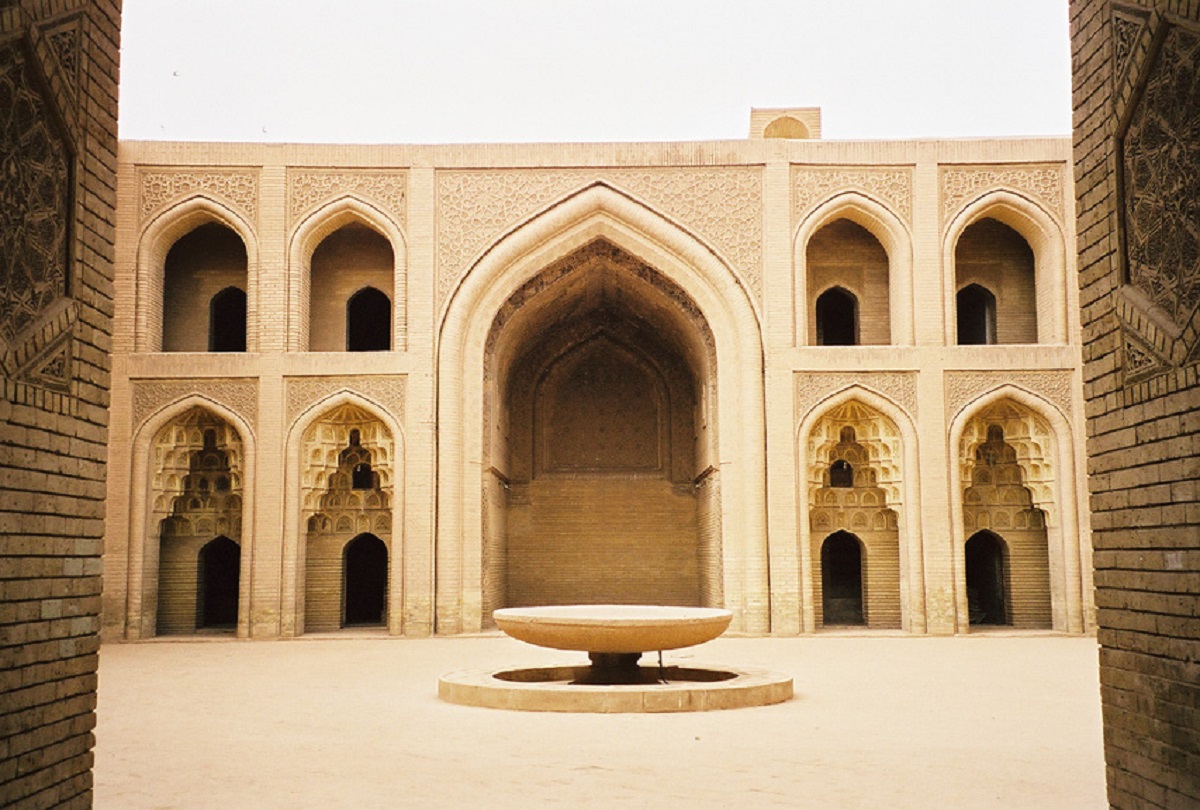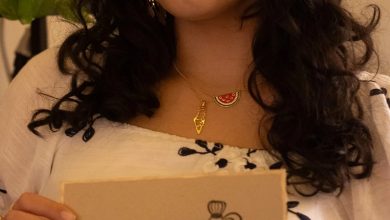Arab Contributions to Science and Math: From Algebra to Astronomy
How the Arab and Islamic Golden Age Shaped the Foundations of Modern Science and Knowledge.

The Arab world played a central role in preserving, developing, and innovating scientific knowledge during a critical period in human history — especially during the Islamic Golden Age (8th to 14th centuries). Arab scholars, working across disciplines such as astronomy, medicine, mathematics, chemistry, and engineering, were instrumental in shaping the foundation of modern science. Their achievements not only preserved ancient Greek, Persian, and Indian knowledge, but also improved upon it, setting the stage for the European Renaissance.
Here’s a closer look at the major contributions Arab scientists and scholars made to global civilization:
1. Mathematics
-
Al-Khwarizmi, known as the “father of algebra,” wrote foundational works that introduced algebra (from the Arabic word al-jabr) and popularized the use of Hindu-Arabic numerals.
-
He also developed early algorithms — a term derived from his name — which are now essential in computer science.
-
Arab scholars also contributed to geometry, trigonometry, and the decimal system, making complex calculations possible centuries before calculators existed.

2. Medicine
-
Ibn Sina (Avicenna) authored The Canon of Medicine, a comprehensive medical encyclopedia that was used in European universities for centuries.
-
Al-Razi (Rhazes) was a pioneer in diagnosing diseases, distinguishing smallpox from measles, and writing about mental health.
-
Arab hospitals in cities like Baghdad and Cairo introduced the concept of medical ethics, pharmacies, and training centers for doctors.
3. Astronomy
-
Arab astronomers like Al-Battani improved measurements of the solar year and planetary movements.
-
Instruments such as the astrolabe, used for navigation and timekeeping, were refined and widely used in both the Islamic and Western worlds.
-
Observatories in cities like Damascus and Samarkand helped lay the groundwork for future space science.
4. Chemistry and Physics
-
Jabir ibn Hayyan, often called the father of chemistry, introduced early techniques in distillation, crystallization, and evaporation.
-
He and others developed classifications of substances and set the stage for later developments in alchemy and chemical reactions.
-
Arab physicists also studied optics, motion, and light, inspiring later European scholars like Newton.

5. Preservation and Translation of Ancient Knowledge
-
The House of Wisdom in Baghdad (Bayt al-Hikma) was a major intellectual center where Arab scholars translated works from Greek, Persian, and Sanskrit into Arabic.
-
This not only preserved knowledge but enriched it through commentary, critique, and original thought.
Final Reflection:
Arab scholars and scientists were pioneers, not just preservers. Their legacy remains deeply embedded in modern science, medicine, and math. The spirit of curiosity and knowledge that thrived in Baghdad, Cordoba, and Cairo centuries ago continues to inspire students and scientists around the world today.



